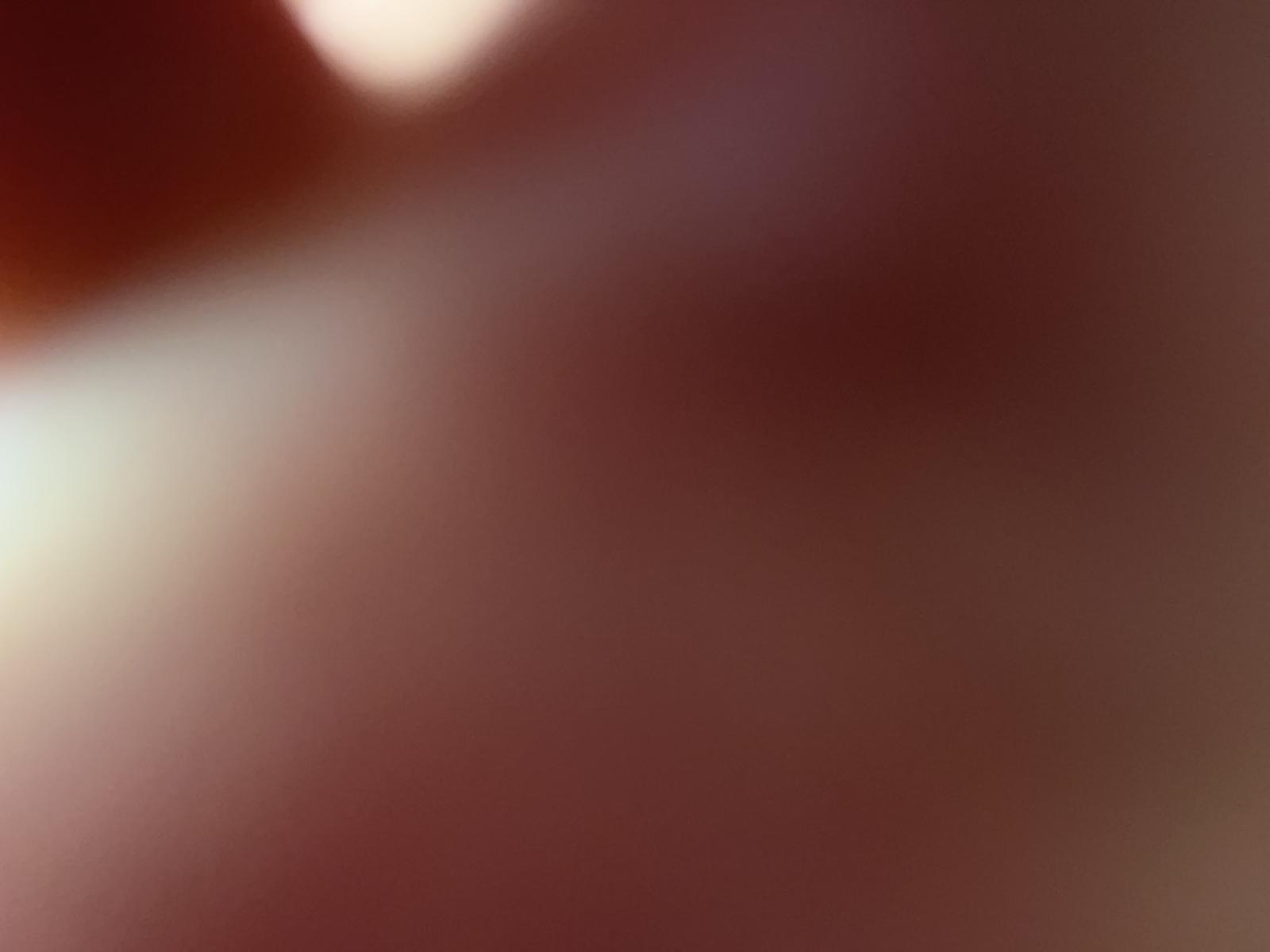How comes that such a smart and visionary person like Steve Jobs - who was a friend of physicians and scientists and had trusted first-rate doctors - when it came to his own health, made the wrong decision? This is the question that Denise Grady has been exploring in an article published in the New York Times. Answering this question might seem easy because Steve Jobs discovered he had cancer by chance in 2003, with a CT scan done for other reasons. And although some doctors had advised him to have immediate surgery, he relied instead on "natural" or alternative remedies: vegan diet, herbs, acupuncture and who knows maybe even homeopathy and other remedies."If I had not had that CT scan, I would never have known about this tumor and probably I would have continued to live as before without any problem," Steve Jobs must have reasoned like this when he decided to wait before undergoing surgery. But in the meanwhile the tumor grew (at least according to Steve's just published biography by Walter Isaacson), and when he finally underwent surgery, there were already metastases in the liver. At this point one might think that if Jobs had undergone surgery nine months before, at the time of the first CT scan, the cancer would not have spread to the liver. But it may as well be that metastases were already present since the beginning, those that can not be seen - micrometastases - in which case he would have been right and earlier surgery would have made no difference.
Steve Jobs had a neuroendocrine tumor in the pancreas, which is a cancer of the cells that produce hormones such as insulin. When a person finds out about this kind of tumors, at least four times out of ten there are already metastases even if you do not see them.* But it's all very complicated because those neuroendocrine tumors are rare (only three percent of all pancreatic cancers), and among other things they are less aggressive than other tumors. Nearly 60 percent of patients with neuroendocrine tumors live 5 years but some patients live for 10 years or more, and some even recover. For this reason, doctors tend to recommend surgery for tumors of more than 2 cm although the relationship between the size of the tumor and its tendency to metastasize is not that clear.
One can also argue the opposite. If you are so lucky that you find out by chance you have a tumor while it is still very small, maybe this is the best time to undergo surgery. In short, with hindsight even the best doctors would find it difficult to say what to do in a case like that of Steve Jobs. What is striking, however, is that even a person like Steve Jobs, who founded his empire on innovation, rigor and obsessive attention to detail, has not been able to resist the charm of so-called alternative medicine.
People have a romanticized view of these remedies, "may be it will not work but at least it does not hurt." This is partially true, even though ten years ago in Belgium, nine women ended up on dialysis because of a Chinese herb they were taking to lose weight. Homeopathy is different: these remedies do not have any negative effect at all. Obviously. The substance from which they are derived is so diluted that the final solution does not contain anything. However, people who are really sick sometimes die as a result of "alternative" treatments. Sylvia Millecam for example, beautiful and talented theater and television actress died of breast cancer of just one centimeter (certain "alternative" doctors had convinced her the tumor was not there). Now in the Netherlands a law has been passed and sick people can not be cheated anymore. Much depends on the doctors. Practicing as an alternative doctor is easy, you simply take care of people who are not sick (sore back or if a person is a little in the dumps or a cold). You earn good money and you risk nothing. But for all the rest, doctors should make clear to their patients that these treatments do not work. So that, when facing a serious disease, nobody would think about wasting time, putting off, trying something else in the meanwhile ("who knows, you never know ...").
In addition, the writing on herbs and homeopathic medicines packaging should clearly state "this product does not have the ability to cure any disease, not even to make you feel better for any reason, rather if you are sick there is a risk that you are delaying effective treatments" . But this is not the case. Those who sell herbs and homeopathy insist that sick people have the right to follow the treatments they wish. Many doctors - I never understood whether in good faith or not - play along with them and people are confused. In this way alternative medicine is making troubles: half of the homeopaths in England advice their patients not to vaccinate for measles, chickenpox and rubella. And there have been cases of sick people who died as they were waiting for the effects of the "woo" treatment. There have been cases of kids with leukemia and lymphoma and sometimes you (it happened to me too, many times) meet people with serious illnesses to whom alternative doctors have recommended to stop effective treatments.
May be, for Steve Jobs things would have gone wrong anyway, but the fact that even he tried a certain number of strange things before seeking serious treatment really makes it clear that there is still a long way to go. All of us, scientists, doctors, those who govern in the health sector and those who write in newspapers, should make an effort if we want to avoid that people go on dying because of alternative treatments, for no reason whatsoever.
Bibliography
Nissen et al: Pancreatic neuroendocrine tumors: presentation, management and outcomes. Am Surg 2009; 75:1025-1029


